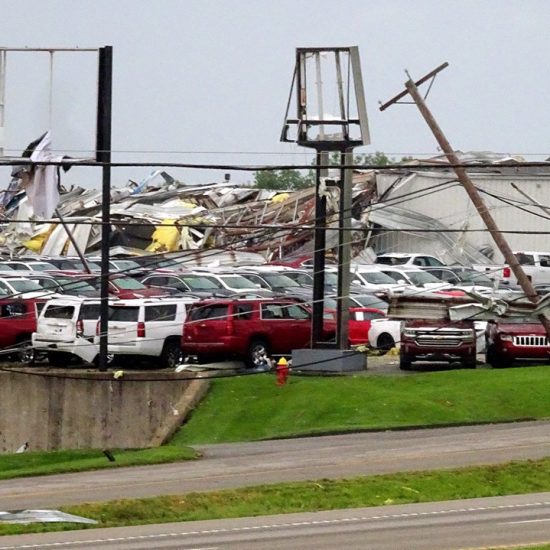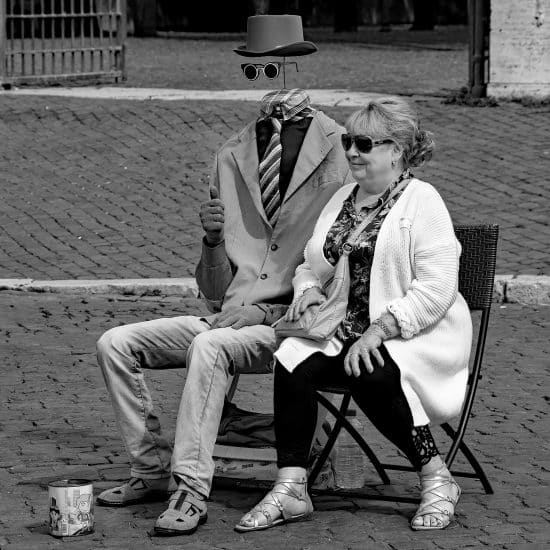Reflecting on the recent annual gathering of the Baptist World Alliance in Vancouver, British Columbia, I was struck by two things: The deep hunger in my own life for corporate worship and the centrality of worship in our common life.
 More than 300 believers from more than 50 nations gathered July 4-8. We sang, prayed, read scripture and confessed our common faith.
More than 300 believers from more than 50 nations gathered July 4-8. We sang, prayed, read scripture and confessed our common faith.
I love the BWA’s diversity. During one service, I looked around at the varied attire — some in colorful African robes and headdresses, others in business suits or tattered sweaters. It was all there. And the languages!
What music that must have been to God’s ears. And what a foretaste of heaven. As John wrote in Revelation, “…a great multitude…from every nation, from all tribes and peoples and languages, standing before the throne and before the Lamb….” (7:9).
Nothing cures our pinched ethnocentricity like worshiping in an international setting. As we were belting out the chorus “How Great Is Our God,” someone from Ghana looked at me as if to say, “So you know our songs, too?” And at that moment I was thinking, “Hey, he knows our songs!”
One friend I met, an African-American pastor from the United States, told about her first-ever Baptist World Alliance meeting. It was in Stockholm, Sweden, when she was 12 years old. As she entered the worship space with her family, she heard all those blue-eyed blondes singing her favorite hymns. She exclaimed, “Daddy, I thought we were going to a Baptist meeting.” Up to that time, she had thought all Baptists were black! I repeat: Nothing cures our ethnocentricity like international worship experiences.
Authentic worship addresses social injustice. Our BWA gathering provided us time and space to reflect on our blighted history with First Nation people (the phrase used by Canadians for Native Americans). In a very moving worship segment, scripture readings and songs were interspersed with readings from First Nation sisters and brothers describing their mistreatment at the hands of white Europeans. In those moments I gained new insight into worship as confession.
But we also experienced worship as lament. During that week, three horrific shootings occurred back home: in Baton Rouge, Minnesota and Dallas. Though we were all numb from the national tragedies unfolding, rich and thoughtful worship provided us litanies of sorrow, repentance and fresh commitment.
A liturgy of praise and petition invoked the Risen Christ to come touch his lacerated and bleeding world. As the psalmist wrote, “But when I thought how to understand this, it seemed a wearisome task, until I went into the sanctuary of God” (73:16-17). Somehow, this jumbled world makes more sense after being in the presence of The Holy.
N.T. Wright reminds us of the ballerina who was asked to say what a particular dance meant. She replied, “If I could have said it, I wouldn’t needed to dance it.” Truly, worship expresses the inexpressible, whether it be joy, grief, confession or praise.
Every follower of Christ (pastors and laity) should find some occasion to worship in a culture or context other than our own. Getting out of our usual denomination, tradition, worship style, location, culture or language allows us to hear God in a new way.
Whether your fresh encounter is around the corner or in Vancouver, some new experience with God is waiting for you. And along the way, you might discover that God’s work reaches beyond your zip code and it transcends your native language and custom.
Worship. It’s good for what ails you.
Doyle Sager is senior pastor of First Baptist Church of Jefferson City, Mo.



